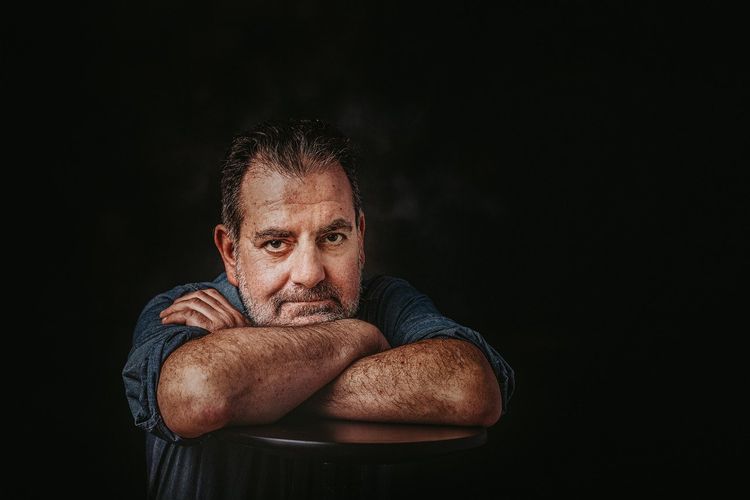With the holidays winding down, it’s back to work and back to reality. For some, the end of the holiday season brings a sense of relief. For others, the return to everyday life can seem especially mundane compared to a few festive weeks.
It’s perfectly normal to feel down as the holidays wrap up. If you feel like you’re in a never-ending slump, however, you may be experiencing post-holiday depression.
Is Post Holiday Depression Real?
Post-holiday depression, sometimes called the post-holiday blues, is common after the often financially, emotionally & physically exhausting holiday season. However, not everyone experiences post-holiday depression in the same way or for the same reasons.
Some may be experiencing residual financial strain from the holidays, leading to stress and, in turn, depression symptoms. Others may feel a deep sense of loneliness or dread after parting with loved ones and returning to work and everyday life.
Some common reasons people experience post-holiday depression include:
- Time of year. Changes in season can increase symptoms of depression, especially for those with seasonal affective disorder. If you live in a cold climate where the sun sets early during the holidays, you may be more likely to experience depression symptoms due to lack of sunlight & outdoor activity.
- Alcohol consumption. Alcohol is a staple at many holiday celebrations. But consuming too much alcohol can worsen symptoms of anxiety and depression.
- Changes in diet. We all like to indulge throughout the holidays. However, eating too many foods high in sugar, salt & processed carbohydrates can increase symptoms of depression and lead to fatigue & brain fog.
- Busyness, stress & lack of sleep. The holidays can quickly become overwhelming if your schedule is jam-packed with gatherings, outings & gift shopping. Trying to find the perfect gift or the responsibility of hosting holiday gatherings can stress us out, leading to depression and insomnia symptoms.
- Financial strain. If you are already in financial trouble, the holidays can add stress. Worrying about staying afloat financially throughout the holidays can lead to post-holiday depression once the initial stress has worn off or your financial troubles carry over into the new year.
- Grief and past trauma. For some, the holidays bring back painful memories of the death of a loved one or a former relationship, which can make the return to everyday life especially hard.
In general, post-holiday depression can have symptoms similar to general depression, including:
- Feelings of sadness, emptiness, or hopelessness
- Irritability
- Loss of interest in usually enjoyed activities
- Sleep disturbances
- Fatigue
- Reduced appetite
- Anxiety
- Brain fog & difficulty concentrating
Post-holiday depression often subsides on its own. But if your symptoms persist or get worse, you may want to seek treatment for post-holiday depression.

Resolving Your Post Holiday Depression
If your post-holiday blues persist for several weeks or worsen to the point that they interfere in your daily life, treatment options are available.
TMS Therapy
If you’re struggling with depression and other treatment options haven’t helped, Transcranial Magnetic Stimulation (TMS) may be a good option for you. The procedure is non-invasive and uses electromagnetic pulses to stimulate the brain to release neurotransmitters and improve depression symptoms.
During TMS therapy, an electromagnetic coil is placed on the patient’s scalp. The coil delivers magnetic pulses to the region of the brain responsible for regulating mood. Most scientists believe the magnetic pulses activate areas of the brain with low activity due to depression; however, more research is required to fully understand why TMS therapy eases depression symptoms.
Other Forms Post-Holiday Depression Therapy
If your post-holiday blues are mild to moderate, you may benefit from lifestyle changes to help you feel like yourself again. For example, relaxation techniques and meditation can help in managing holiday stress during & after the holidays. In addition, focusing on regulating your sleep schedule, exercising & eating a well-balanced diet can help alleviate some post-holiday depression symptoms.
If your symptoms are lingering or worsen, reach out to a mental health professional. A therapist or psychiatrist can help you develop coping strategies and implement lifestyle changes to help with post-holiday depression.
Additionally, talk and behavioral therapy can help relieve some of the burdens you may be feeling from post-holiday depression. If your symptoms are severe and persistent, you may benefit from medication such as SSRIs.
Takeaway
It’s completely normal to feel sad when the holiday season comes to an end. If you’re feeling post-holiday blues, remember to take time to yourself to rest and reach out to supportive friends and family members.
If you continue to look back on the holidays with a sense of sadness or feel like you aren’t enjoying life as much as you could be after the holidays, reach out to a mental health professional to discuss treatment options.



